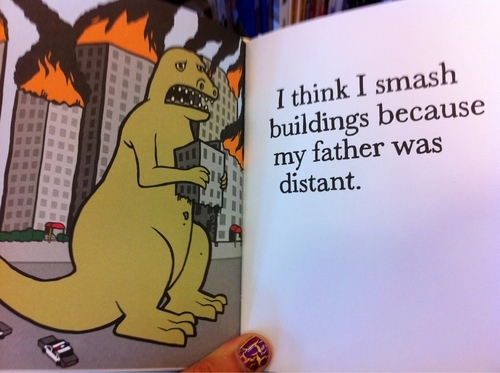This movie took place in the future. However there are many parallels it has to present day. Hal, the artifical intellegence on the spaceship, reminds me of A.I personal assistance that we have today. For example, Amazon Echo, Google Home, and Siri. They all were created by humans, for the sole purpose of making life easier. These personal assistance devices can play music, turn off lights, and adjust the temperature in a house. Which is similar to Hal on a spaceship. With that it in mind it is terrifying to see how technology could turn against us and malfunction, like how the director portrayed Hal. Hal seemed perfect at first, but later on in the movie he began to malfunction. This portrays that humans can try to make technology perfect, but there is always human error which makes it vulnerable to malfunctions.
